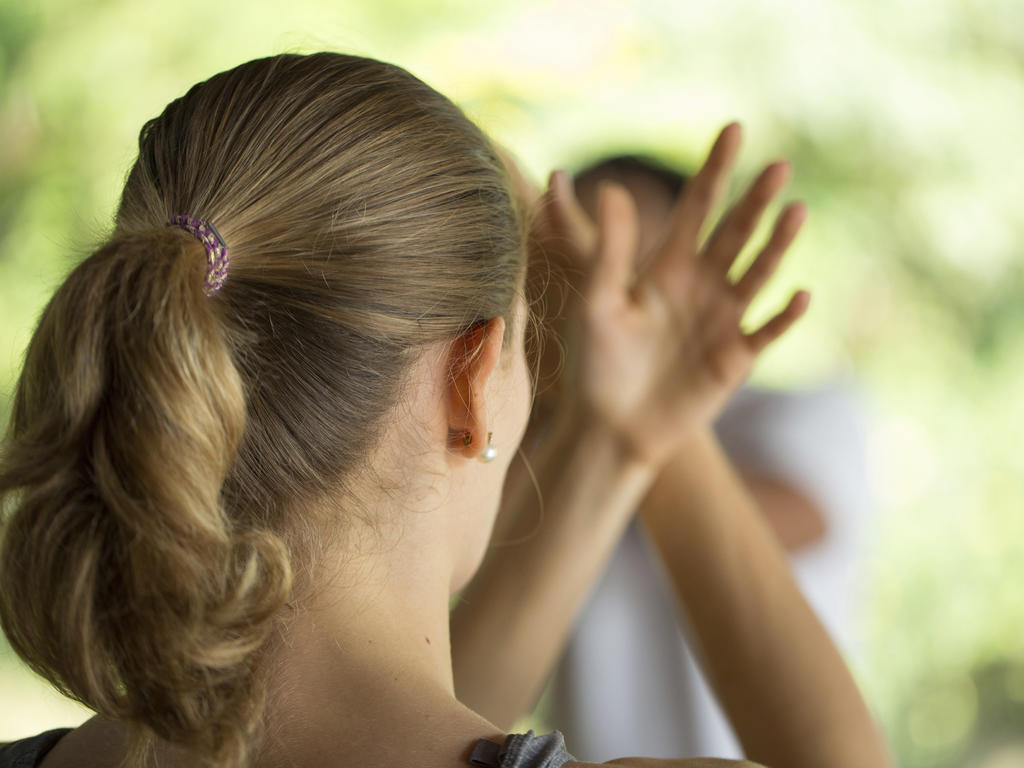Better fitness is often on the minds of many at the start of a new year. At Rhodes, physical education courses are offered for students to fulfill degree requirements and for their own growth, development, and pleasure. Among the offerings are martial arts courses taught by Milan Vigil, director of Yang’s Martial Arts Association, full instructor in the Wing Chun Association of the USA, and associate instructor in the Thai Boxing Association.
“Rhodes students are fortunate that a variety of martial arts are among their P.E. options, as martial arts are uniquely multifaceted,” says Vigil. “Not only do martial arts tap into the most fundamental instinct— survival, which elicits intense focus—they are embedded in the cultures which produced them, thereby offering students a gateway to understanding these cultures.”
Courses include:
- Taijiquan (also transcribed as T'ai Chi Ch'uan), which has been characterized as “a moving meditation.” Usually practiced slowly, this internal Chinese martial art integrates the mind, body and breath, promotes relaxation, balance and bone density, and provides aerobic benefits despite its serene appearance. As a no-impact exercise, the fluid motions of Taijiquan are appropriate for all ages. As a martial art, it holds the principle of overcoming hardness with softness as an ideal.
- Wing Chun, which is a hard-soft southern Chinese martial art made famous by Bruce Lee. Wing Chun practice develops sensitivity, quick reflexes, speed, and coordination. Its effectiveness relies on principles of efficiency rather than muscular strength. Unity of mind, body and breath are essential when employing the kicks, hand strikes and trapping maneuvers characteristic of this art. Training consists of solo forms and partner practice.
- Muay Thai Kickboxing, which features powerful kicks and use of the knees and elbows as well as the fists, has been the national sport of Thailand for more than 400 years. Training with a partner develops physical and mental conditioning and attributes such as sense of distance, timing and power generation, which are key to the sport and to no-nonsense self-defense skills. A progressive approach to techniques and combinations, coupled with the use of focus mitts and Thai pads, promotes a safe environment.
When time permits, and according to student interest, Vigil also introduces students to Filipino martial arts and/or ground escape techniques from Brazilian Jiu-Jitsu.
He says, “In addition to the physical practice, I strive to provide students with cultural knowledge, such as language (Mandarin, Cantonese, Thai), history, philosophical roots (for Taijiquan and Wing Chun) and holidays, and connections of our practice to such academic fields as physics and neuroscience."
Vigil’s photo has been selected for the 2016 Tai Chi Spirit calendar, which includes the English translation of the couplet he composed in Chinese: “All its life the tiger returns to the mountains to embrace simplicity. In the morning breeze the snake descends free of worry.”
Additional martial arts courses available to Rhodes students are taught by Marcella Houseal (PaSaRyu Karate) and Robert Kores (Aikido).
